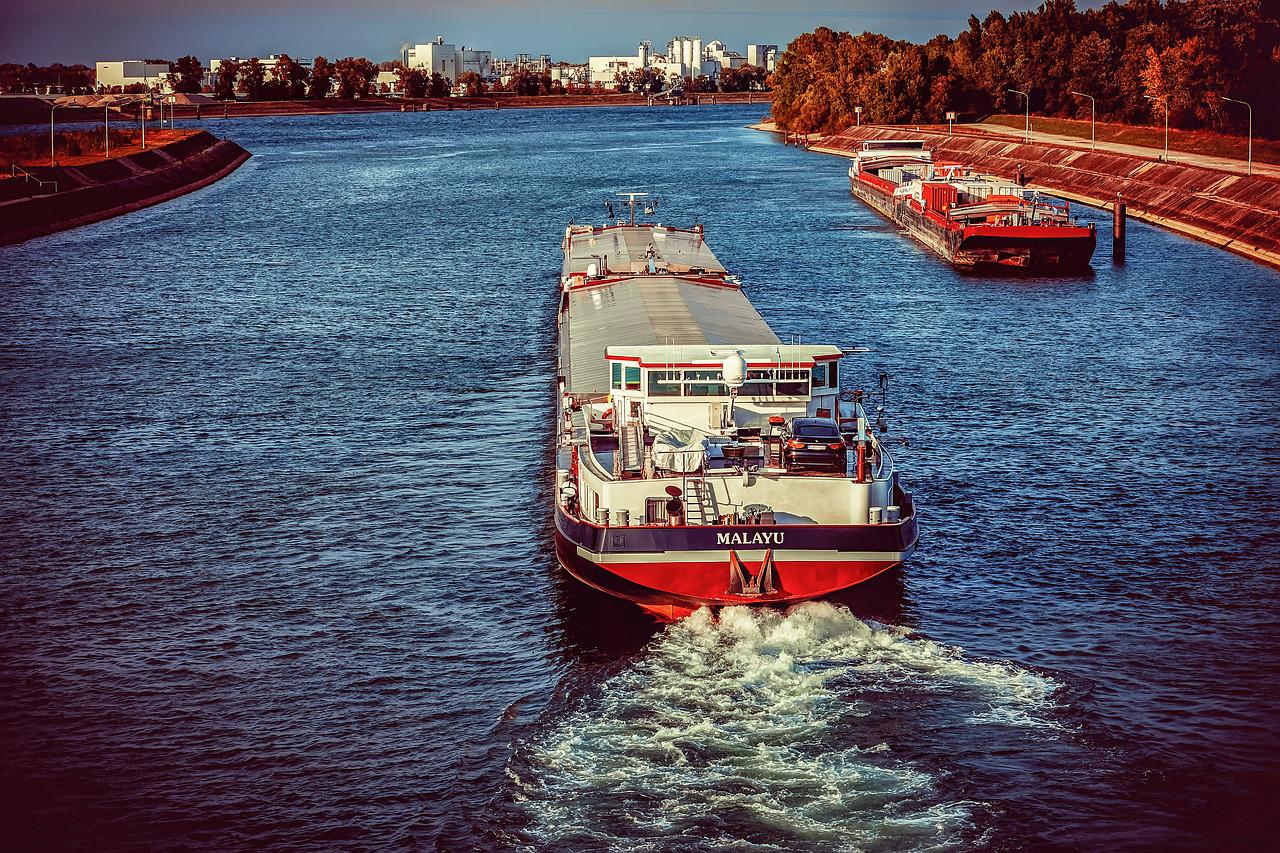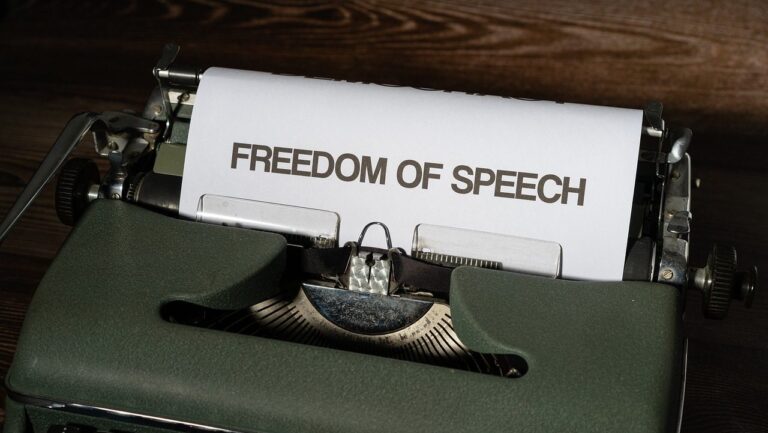The continuous dry weather this summer is affecting shipping on the Rhine River. With water levels falling below 1 meter—average depth this time of year is 2-3 meters—freight ships are loaded at only half capacity to avoid running aground. With little rain expected over the coming two weeks, levels might drop even further to a point that might prevent shipping altogether on the river Rhine.
This comes as a blow not only economically, but also with regards to future plans of the EU to increase the movement of goods along waterways by 25% by 2030 as part of European efforts to further reduce emissions from the transport sector.
Already delivery chains are being disrupted, as some larger freighters cannot reach certain cities and deliver important goods to their industrial recipients. Germany’s recent decision to reopen coal plants to try and secure energy supply for the winter saw a renewed demand for coal freighters as well. But with freighters only being loaded at half capacity, in some places even only one third of the capacity, this increases transport costs, as now two to three ships are needed when previously one sufficed. This also leads to increased traffic in the remaining narrow shipping lanes, causing ships to go slower.
Economists are already warning that this development increases the danger of a recession in Germany even further. The Rhine River is one of Germany’s most important shipping routes. Grain, chemicals, minerals, coal and oil products are just a few of the many products being transported by ship on the Rhine. To alleviate such scenarios in the future, Federal Transport Minister Volker Wissing of the liberal FDP supports the implementation of the Federal Transport Infrastructure Plan by 2030, which would include a deepening of important waterways. Meanwhile, the company HGK Group in Duisburg is working on developing new ships, two of which are already in service, specifically designed to operate at low water levels while maintaining a large loading capacity.





